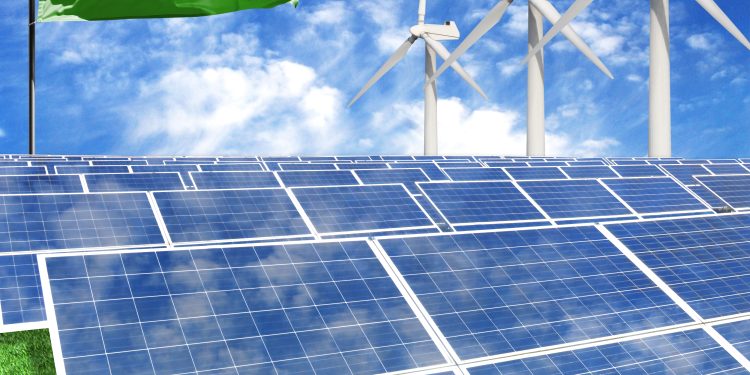During a recent international mining conference in Riyadh, Saudi Arabia’s Minister of State for Foreign Affairs, Adel bin Ahmed Al-Jubeir, emphasized the Kingdom’s commitment to leading the charge in setting environmental standards and not merely adhering to them. As the world’s most prominent oil producer, Saudi Arabia has set ambitious objectives to transition towards renewable energy and sustainable economic growth.
Al-Jubeir highlighted Saudi Arabia’s proactive approach to combating climate change, including the development of innovative city designs such as “The Line,” and investment in green and blue hydrogen, clean energy, and wind energy. These initiatives reflect the Kingdom’s dedication to environmental stewardship and its multi-dimensional strategy for development.
In his remarks at the panel session titled, “The Kingdom of Saudi Arabia and Minerals: Development Incentives – Multi-Dimensional Approach,” Al-Jubeir detailed the Kingdom’s initiatives to protect oceans, reduce plastic use, and promote afforestation. These efforts aim to achieve economic diversification and align with the Kingdom’s broader goals of regional and international security and stability.
The minister underscored the Kingdom’s historical role in mediation to resolve conflicts and its ongoing commitment to fostering investment and enhancing the quality of life both within Saudi Arabia and globally. He pointed out that economic development is closely linked to addressing global challenges, with natural resources and minerals playing a crucial role in the transition to renewable energy sources.
Al-Jubeir stressed the importance of a fair mechanism for economic integration that avoids exploitation and instead fosters infrastructure development, job creation, and mineral wealth. He cited the Saudi Arabian Mining Company—Ma’aden’s role in local and global mining activities and the benefits of cooperation with other countries and companies in this sector.
Addressing the issue of climate change, Al-Jubeir called for science-based solutions and smart city redesigns to enhance effectiveness through afforestation, carbon sequestration, and the adoption of electric cars and solar or hydrogen energy. He stated that these measures are essential in confronting climate challenges.
In conclusion, Al-Jubeir mentioned Saudi Arabia’s significant contributions to economic programs worldwide, particularly in supporting less developed countries in health, infrastructure, and education. This reflects the Kingdom’s responsibility and endeavor to establish communication bridges with nations around the globe.


